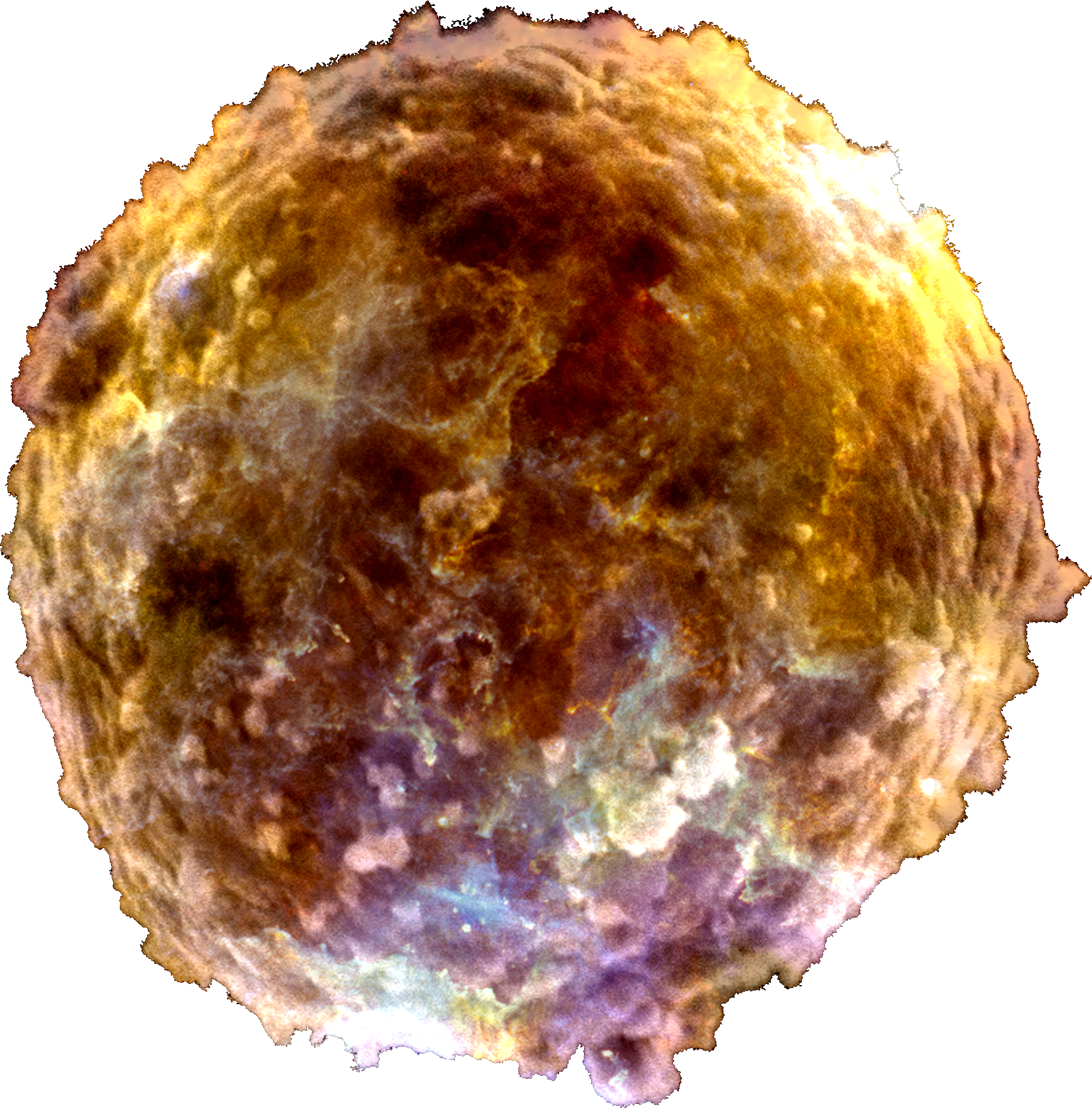 Dust reprocesses half of all the non-primordial radiation in the universe, dictating the spectral energy distributions of galaxies, playing an integral role in their evolution, in star and planet formation, and acting as the surface catalyst for molecular gas formation. Dust in galaxies also locks up about half of all metals present in the ISM and plays a key role in the obscured growth of supermassive black holes in galaxy centers.
Dust reprocesses half of all the non-primordial radiation in the universe, dictating the spectral energy distributions of galaxies, playing an integral role in their evolution, in star and planet formation, and acting as the surface catalyst for molecular gas formation. Dust in galaxies also locks up about half of all metals present in the ISM and plays a key role in the obscured growth of supermassive black holes in galaxy centers.
Dust has grown in importance as a subject in the past decade to become a vital part of stellar astrophysics, extragalactic astronomy and cosmology, particularly because of the proliferation of world-class facilities operating in the infrared and mm regimes (Spitzer, Herschel, Planck, ALMA). This trend shows little sign of abating, and if anything, dust is only likely to increase in importance as ALMA is still at the beginning of its lifetime, only now reaching its full capabilities, and JWST is about to be launched, opening up completely new dimensions in terms of sensitivity.
Investigators from the laboratory, observers, and theorists will gather their expertise to seek out commonalities and to identify potential breakthroughs in understanding dust itself, its properties, and how it can best be applied to the most important current problems in astrochemistry, astrophysics and cosmology.

